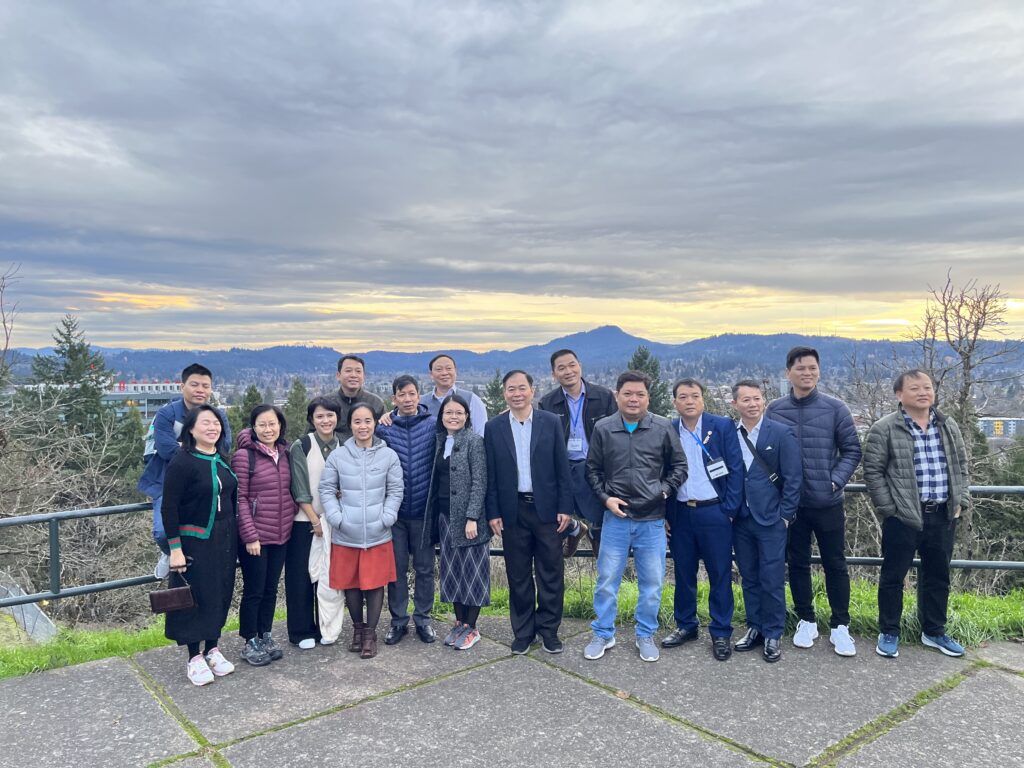Have you heard of Generation Study Abroad? If you are studying at a U.S. college or university—it’s about you! Each year more U.S. college students with and without disabilities are studying abroad. Are you keeping pace? If not, what’s stopping you? Read this issue of the A World Awaits You (AWAY) to discover your options.
Maybe you should consider the opportunity to explore new places and cultures, and make new friendships. Or, maybe you could take the time to seek out the study abroad or faculty advisors on your campus to figure out how to fit it into your studies. You may also be surprised how many places you can travel to without foreign language skills.
If figuring out what program to go on is the main reason you haven’t yet left the confines of your campus, we’ve got you covered. The infographic on choosing your own adventure abroad can guide you through the different options and decisions to “Get Your Planning Started.”
Do you think you can’t afford it? Where there’s a will, there’s a way. And we’re not talking about inheritances (though that would make it easier). Most colleges and universities allow you to use your financial aid towards study abroad as long as you are earning credit.
Read on and you’ll see how these study abroad alumni used vocational rehabilitation funds, scholarships, personal savings, and family support. Choosing a less expensive country to study abroad in and fundraising helps too. Also explore some of the study abroad scholarships listed in this publication.
Study abroad makes you more marketable to employers and graduate schools, and you usually can get credit while being abroad. Not to mention how you grow personally: gaining confidence and independence. Okay, we know what you—or those around you—might be thinking. What about accessibility barriers abroad? That’s where our National Clearinghouse on Disability and Exchange comes in.
Why would you use our information services and online resources? Many students with disabilities, or their parents and study abroad and disability advisors, contact us along the way: to get connected to a peer with a disability who had been abroad; to get leads on arranging sign language interpreters; to learn about strategies for dealing with inaccessible non-Western toilets. And more!
Our National Clearinghouse on Disability and Exchange shows you what’s possible, coaches you on your rights and responsibilities, and gives you solutions for aspects you might not have known were different overseas. Best of all, it’s free thanks to sponsorship Mobility International USA receives from the U.S. Department of State.
Still not convinced going abroad is right for you? Read on in this issue of the A World Awaits You (AWAY) and you will see that many of the fears or concerns that you, or others close to you, may have, disappear once you are abroad. People are friendly and helpful, you are more adaptable than you think, and the cultural differences end up being great learning experiences.
Take the chance, and claim your place among Generation Study Abroad—you won’t regret it.
Our goal is to empower people with disabilities to take advantage of the same international exchange opportunities as everyone else, navigating any access barriers along the way. For two decades, our free services and resources have been made possible by the National Clearinghouse on Disability and Exchange. The National Clearinghouse on Disability and Exchange is a project of the U.S. Department of State’s Bureau of Educational and Cultural Affairs, designed to increase the participation of people with disabilities in international exchange between the United States and other countries, and is supported in its implementation by Mobility International USA.




